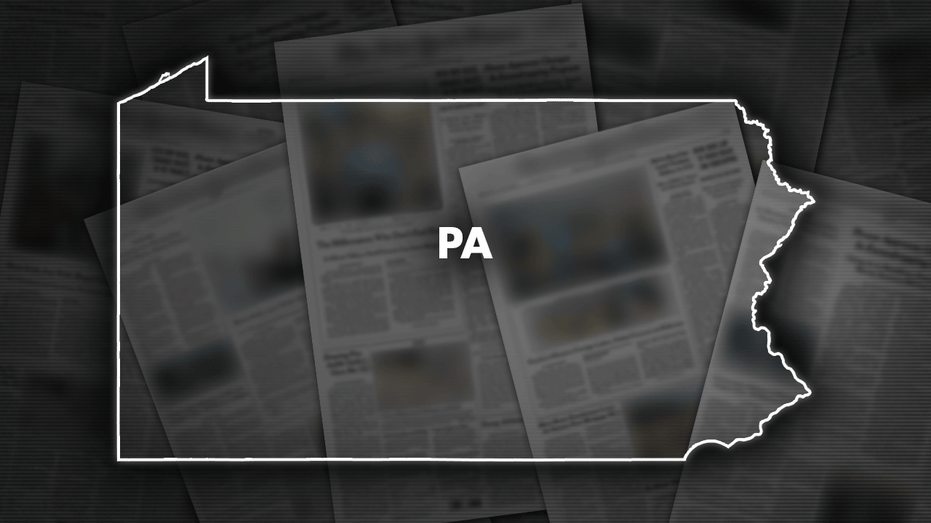Pennsylvania Senate votes to undo tax increase on gasoline, diesel
The PA gas tax bill will now be sent to the state House of Representatives
Pennsylvania's state Senate on Wednesday voted to undo an automatic wholesale tax increase on gasoline and diesel that kicks in this year in an effort to prevent motorists from paying more per gallon.
The vote, 29-19, sent the bill to the state House of Representatives, where a partisan fight for control has paralyzed the chamber a week into the new legislative session.
It’s not clear exactly how much of the wholesale tax increase will trickle down to motorists at the pump if the Legislature doesn't pass the bill to negate it.
PENNSYLVANIA GOP BLASTS GOV. WOLF’S PROPOSED TAX HIKE, DEMANDS BETTER CORONAVIRUS RESPONSE
The automatic tax increase was enacted nearly a decade ago when lawmakers sought to pump more money into improving highways and bridges.
The action in Pennsylvania comes as five states that passed a broad gas tax holiday because of high pump prices — California, Connecticut, Georgia, Maryland and New York — move to resume fuel tax collections.

The state Senate in Pennsylvania passed a bill that would undo the automatic wholesale tax increase on diesel and gasoline. (Fox News)
Under a 2013 state law in Pennsylvania, the wholesale tax on gasoline and diesel can float with the average wholesale price and, with high gas prices last year, the wholesale tax in Pennsylvania is rising to its highest point yet under the law.
PENNSYLVANIA GOV. WOLF WANTS TO INCREASE TAXES FOR SOME RESIDENTS
The law dictates that the average wholesale price cannot be below $2.99 per gallon. In 2022, the price rose above that threshold, triggering the tax increase.
The average wholesale price was $3.17 in 2022, sending the wholesale gasoline tax upward from 57.6 cents per gallon in 2022 to 61.1 cents in 2023.
For diesel, the wholesale tax is rising from 74.1 cents to 78.5 cents in 2023.
The bill would permanently cap the average wholesale price at $2.99 and negate any tax increase for 2023 and beyond.
CLICK HERE TO GET THE FOX NEWS APP
Senate budget analysts project that resetting the average wholesale price to $2.99 would cost the state $228 million in revenue for the year for transportation projects, or almost 6% of the nearly $4 billion it would otherwise collect.




















